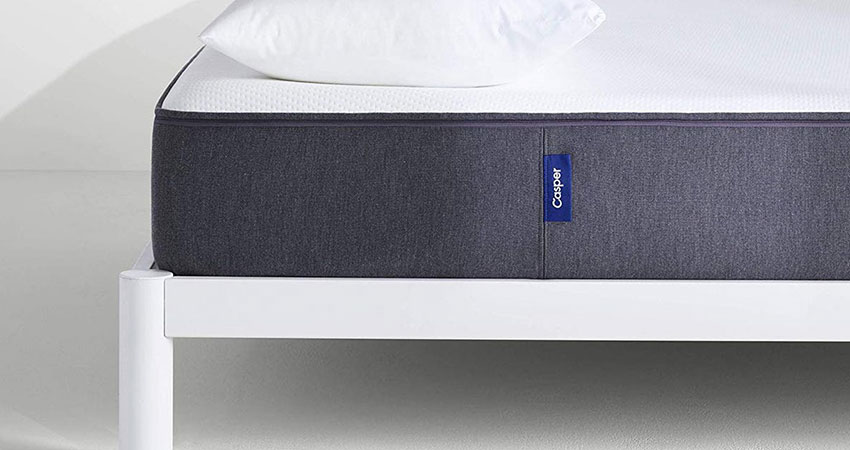The global sleep company Casper, in a crowded field of mattress-in-a-box companies going direct to customer it helped spawn, has been a darling of the business and lifestyle press, That is, until it recently filed for an IPO.
Casper set no share price or valuation in its SEC filing, but the $100 million it raised in 2019 in a Series D round led by Target suggests a valuation of approximately $1.1 billion, The Motley Fool reported.
Casper CEO Philip Krim is obsessed with a $1 billion unicorn valuation, the New York Post reported, citing the doubts of Renaissance Capital senior IPO market strategist Matthew Kennedy. He suggested Casper’s valuation will not top that of comfort tech competitor Purple Innovation, valued at about $577 million.
Meanwhile, Crain’s New York Business calls Casper the “Pets.com of our time,” claiming the economics of the company’s business make no sense. The writer argues Casper will be challenged to effectively go public at any price because it lacks FOMO, the fear of missing out that drives investors to seize the day and embrace hot startups.
“The miserable performance of Uber, Slack and other newly public unicorns demonstrate that you can apply all the modern-marketing techniques you want to startups attacking stodgy old businesses like taxis, office rentals, exercise equipment or even mattresses, but in the end what you’re left with are profoundly unprofitable and overvalued ‘disrupters’ ” … ,” Aaron Elstein wrote in Crain’s.
Casper’s SEC filing shows that it lost $72 million in 2017 and $92 million in 2018, and expects to lose more money in the future. Losses aside, Casper emphasizes growth in the filing.
The company currently sells 27 sleep products in seven countries, including pillows, bedding and furniture. It has 1.4 million customers since its founding, and posted a 20% return customer rate for the first nine months of 2019, according to the SEC filing. Casper notes that DTC sales have grown twice as fast in markets that combine ecommerce with its retail stores.
Casper has 60 stores in the U.S. and Canada, as well as 18 retail partnerships, including Amazon, Costco, Hudson’s Bay Co. and Target.
As for prioritizing marketing over relying on brand name, Casper said in its SEC filing that marketing investments $422.8 million over three years ending in September 2019. It also said it has achieved 31% aided brand awareness in the U.S., per the YouGov BrandIndex, and has a brand awareness that’s 36% higher than its nearest DTC competitor.

